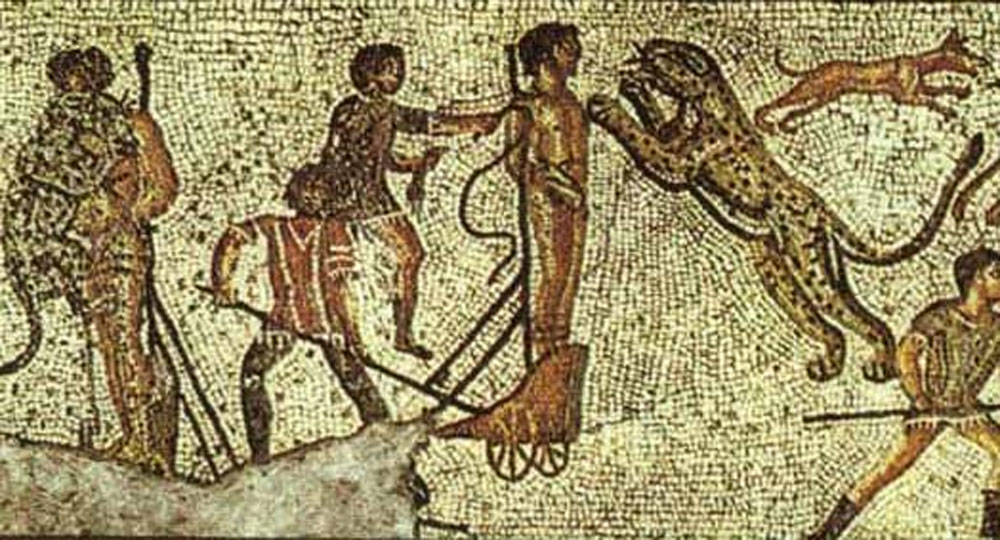Χαῖρε Βασιλεῦ τῶν Ἰουδαίων (chai-re ba-si-leu tōn i-ou-dai-ōn), is the phrase the soldiers of the Roman cohort which guarded Pilate’s headquarters used to mock Jesus. It’s usually translated “Hail, King of the Jews!” but that first word χαῖρε is really just the 2nd person singular imperative mood of the verb meaning “to have joy.” In other places it is translated “Rejoice!”
Χαίρετε, the 2nd person plural is thought by some to have been the common form of greeting between Greek-speaking Christians in the early years of the church. It is used in this fashion in the biblical letter written by James. Χαίρετε was handed down through centuries of a Christian Roman (Byzantine) empire to modern Greek along with a few otherwise inexplicable terms like Παρασκευή which is the modern Greek word for Friday and literally means “Preparation Day.” (i.e. preparation for the Saturday Sabbath which according to no less a source than Wikipedia was “was inherited by Greek Christian Orthodox culture from Jewish practices”).
“Have Joy, King of the Jews!” said the soldiers as they mocked Jesus before leading him away to be executed. Likewise early Greek Christians said, “Have joy, y’all” despite facing a series of Imperial persecutions which began after Nero blamed them for the Great Fire of Rome in 64AD and lasted until
Χαίρετε, the 2nd person plural, thought by some to have been the common form of greeting between Greek-speaking Christians in the early years. It is used in this fashion in the biblical letter written by James. Χαίρετε was handed down through centuries of a Christian Roman (Byzantine) empire to modern Greek along with a few otherwise inexplicable terms like Παρασκευή which is the modern Greek word for Friday and literally means “Preparation Day.” (i.e. preparation for the Saturday Sabbath which according to no less a source than Wikipedia was “was inherited by Greek Christian Orthodox culture from Jewish practices”).
“Have Joy, King of the Jews!” said the soldiers as they mocked Jesus before leading him away to be executed. Likewise early Greek Christians said, “Have joy, y’all” despite facing a series of Imperial persecutions which began after Nero blamed them for the Great Fire of Rome in 64AD and lasted until Galerius, an generally anti-Christian emperor was compelled to legalize Christianity in 311.
Today we don’t see a lot of joy from Christians. Perhaps this is because many are CINOs (Christians In Name Only). Especially amongst that breed, but also among the sincere, there seems to be more woe than joy. Even when “joy” appears to expressed it is usually false: a fake, transcendental ecstasy which wears off within moments of leaving the meeting.
It’s hard to hold on to joy in this world. I suppose that’s why the Spirit has to give it to us as a gift. It’s the second one mentioned in Galatians 5, right after agape which is an even more difficult thing to have right now. The only real reason to rejoice is found in the greeting that we believe Aramaic speaking Christians used: Maranatha, “Come, O Lord!”



